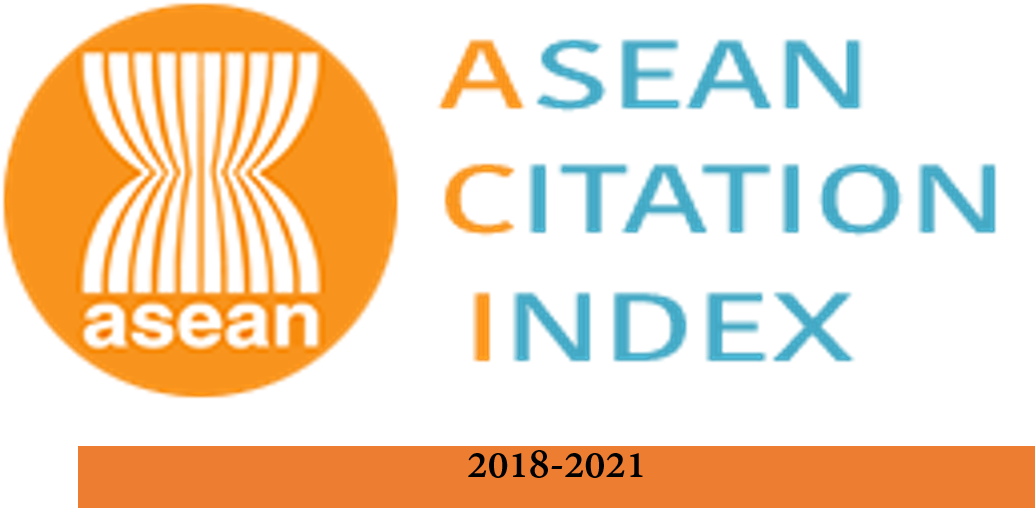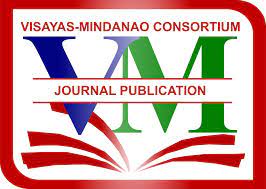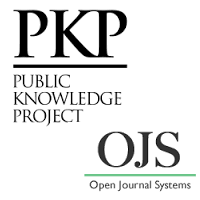Detailing Poverty Incidence through Fractals: Which of the Gross National Product or Multidimensional Poverty Index Explain Poverty Incidence Better?
Abstract
This paper attempts to explain poverty incidence of the 97 countries using fractal analysis. Gross National Product (GNP) and Multidimensional Poverty Index (MPI) of each country were used as poverty indicators. Fractal dimensions were obtained, compared and analyzed. The three variables have fractal characteristics of ruggedness and self-similarity. Results revealed that the ruggedness of poverty incidence across the countries is due to the ruggedness of the MPI, that is, the deprivation to basic services such as health, education, and standard of living affects the quality of living. Thus, MPIs explain poverty incidence more precisely. With this finding, implications to policymakers to alleviate poverty can be addressed.
Keywords:
Fractal analysis, Gross National Product, Multidimensional Poverty Index (MPI), poverty indicators, spectrum
References
Alkire, S., Roche, S., Santos, M.E., & Seth S. (2011). Multidimensional poverty index: 2011 data. Oxford Poverty and Human Development Initiative. Retrieved October 5, 2012, from http:// ophi.qeh.ox.ac.uk
Chattopadhyay, A.K., ,& Mallick, S.K. (2006). Income distribution dependence of poverty measure: A theoretical analysis. Retrieved November 21, 2012, from http://dx.doi.org/10.1016/j.physa. 2006.10.103
Coramaldi, M., & Zoli, M. (2011). Income distribution dependence of poverty measure: A theoretical analysis. Springer Sciences Business Media B.V.
Huelgas, A., (2013). Classical and spatial regression techniques in estimating city and municipal poverty incidence in the Philippines. Apaper presented during the 12th National Convention on Statistics (NCS). EDSA Shangri-La Hotel, Mandaluyong City, Philippines.
Oxford Poverty and Human Development Initiative. (2011). Multidimensional
poverty index 2011.
Shah, A., (2013). Poverty Facts and Stats. Global Issues.Retrieved July 26, 2013, from www.globalissues.org/article/26
Tzavidis, N., & Salvati, N. (2007). M- quantile models with application to poverty mapping. Center for Census and Survey Research.
Vijayakumarf, B., & Olga, S. (2012, March). Poverty incidence and its determinants in the estate sector of Sri Lanka. Journal of Competitiveness, 4 (1), 44-45.
Chattopadhyay, A.K., ,& Mallick, S.K. (2006). Income distribution dependence of poverty measure: A theoretical analysis. Retrieved November 21, 2012, from http://dx.doi.org/10.1016/j.physa. 2006.10.103
Coramaldi, M., & Zoli, M. (2011). Income distribution dependence of poverty measure: A theoretical analysis. Springer Sciences Business Media B.V.
Huelgas, A., (2013). Classical and spatial regression techniques in estimating city and municipal poverty incidence in the Philippines. Apaper presented during the 12th National Convention on Statistics (NCS). EDSA Shangri-La Hotel, Mandaluyong City, Philippines.
Oxford Poverty and Human Development Initiative. (2011). Multidimensional
poverty index 2011.
Shah, A., (2013). Poverty Facts and Stats. Global Issues.Retrieved July 26, 2013, from www.globalissues.org/article/26
Tzavidis, N., & Salvati, N. (2007). M- quantile models with application to poverty mapping. Center for Census and Survey Research.
Vijayakumarf, B., & Olga, S. (2012, March). Poverty incidence and its determinants in the estate sector of Sri Lanka. Journal of Competitiveness, 4 (1), 44-45.
Published
2017-07-18
Section
Articles
Copyright (c) 2017 Asia Pacific Journal of Social and Behavioral Sciences
Copyright holder is the Bukidnon State University.










